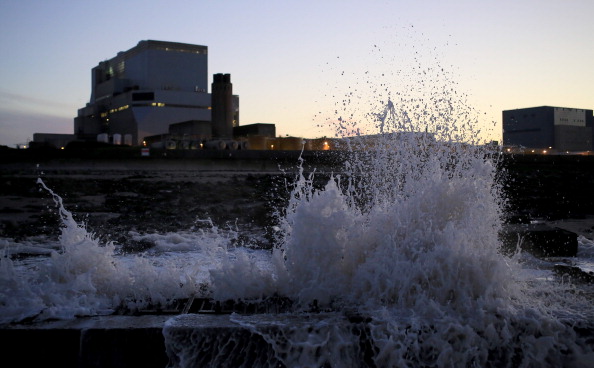EDF has bought itself some valuable time over its decision about whether or not to build a new nuclear plant at Hinkley Point. The energy giant said it was going to be extending the life of four of its nuclear power stations in the UK. Heysham 1 and Hartlepool will now stay open for another five years, until 2024; whilst Heysham 2 and Torness won’t shut until 2030. The decision means several thousand people will stay in work. More significantly perhaps, it also helps ease some worries that Britain may struggle to keep the lights on in the future, by ensuring plants which generate about a quarter of electricity in Britain are going to stay open, at least for now.
But whilst the decision might offer some short-term relief, that is all it is able to do and we are still no nearer to finding out what will happen over Hinkley Point.
EDF’s boss Jean-Bernard Levy said a verdict on Hinkley Point was ‘coming closer’. In the company’s report published today, EDF said:
‘Final steps are well in hand to enable the full construction phase to be launched very soon’.
However, with Vincent de Rivaz, chief executive of EDF’s UK arm, previously saying in 2007 that Brits would be cooking their turkeys using power generated in the new plant at Hinkley Point by Christmas 2017, it is difficult to put much faith in a decision being made any time soon.
As Ross Clark wrote previously in the Spectator, the fickleness of energy policies is one factor which makes it difficult for companies to want to invest. Ross also warned that we could be heading for ‘electricity rationing which will make the three-day week look like a minor inconvenience’. Today’s decision by EDF to keep plants open for a few more years may help postpone those worries. But whilst Britain’s energy needs are still being governed by short-termism, it remains a worry that won’t go away for good.







Comments